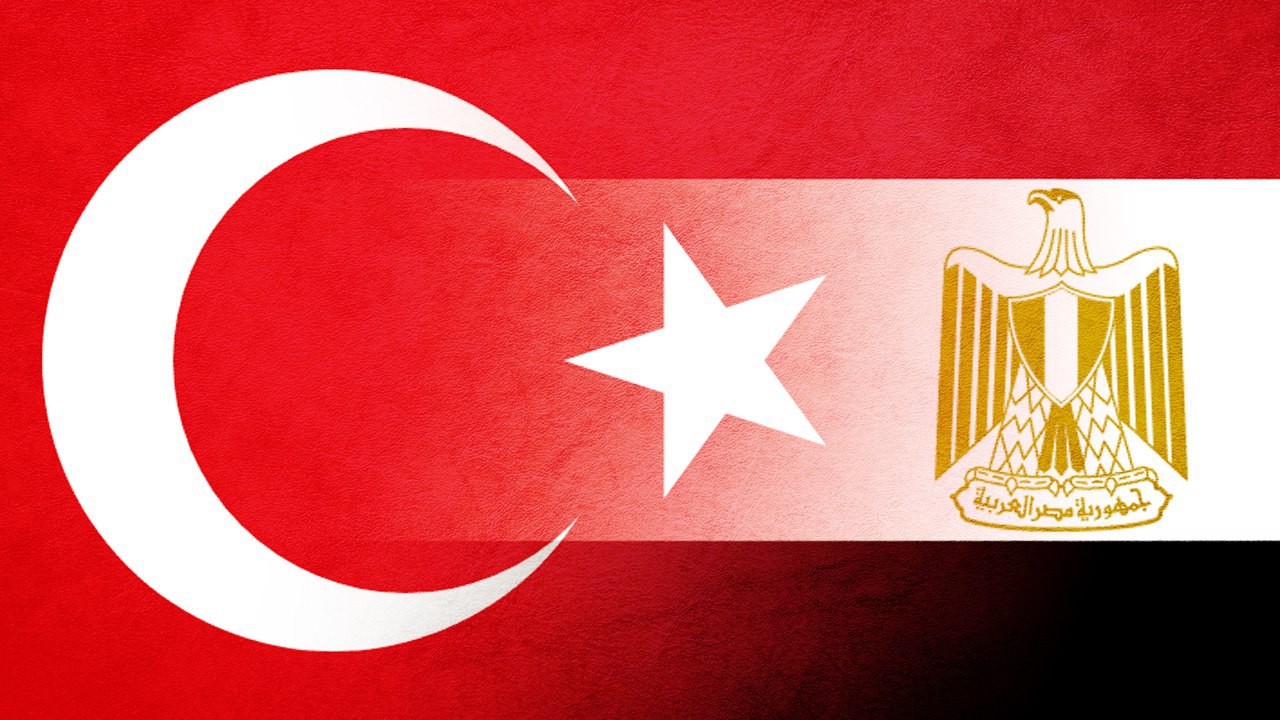The reestablishment of political relations between Egypt and Türkiye after nearly a decade-long temporary break lies in the importance of enhancing regional stability and opening cooperation horizons covering multiple spheres such as defense, joint security, energy, tourism, health, and education, reflecting a mutual desire to strengthen relations broadly
The reestablishment of political relations between Egypt and Türkiye after nearly a decade-long temporary break lies in the importance of enhancing regional stability and opening cooperation horizons covering multiple spheres such as defense, joint security, energy, tourism, health, and education, reflecting a mutual desire to strengthen relations broadly
By Ahmed Mahmoud, Managing Editor at Ahram Online (Egypt)
I still remember the day the President Abdel Fattah el-Sisi was inaugurated as Egypt’s president for his first term in 2014, and the Turkish stance on the June 30th revolution which caused deterioration in the mutual relations between the two countries. On that day, I was a guest on Nile TV International Channel to comment on the inauguration ceremony, while the host asked me about the Turkish and Qatari political positions. I still recall my answer on that delicate question that the matter is temporary, and that the relations between the three countries as they are historical, extended, and strong, that the 3 countries will overcome that “summer” cloud!
Potential for cooperation between Egypt, Türkiye and Qatar
It happened to be that my prophecy came true, and as the geopolitical situation shifted in the Middle East, that showed the importance of restoring Egyptian-Qatari and Egyptian-Turkish relations, through the realization by the three parties that the region’s stability and security are closely linked to strategic cooperation among key countries like Egypt, Türkiye, and Qatar as well.
The deterioration of regional situations—crises in Libya and Gaza—made coordinated action between these countries is a must, to manage these crises and support conflict resolution efforts. This was also reflected in the consensus on addressing the Palestinian crisis and the ceasefire in Gaza.
In 2024, this shift manifested clearly in Egyptian-Turkish relations with the Turkish President Recep Tayyip Erdoğan visit to Egypt, marking a significant diplomatic turning point, which led to a natural political rapprochement based on historical ties and revived commercial and economic cooperation, within the framework of establishing a new strategic cooperation council, and signing several memorandums of understanding in various fields. There is mutual understanding that previous political disagreements served no one’s interest, and that building strong bilateral relations will enhance regional stability and help tackle security and economic challenges.
Deepening cooperation between Egypt and Türkiye
The reestablishment of political relations between Egypt and Türkiye after nearly a decade-long temporary break lies in the importance of enhancing regional stability and opening cooperation horizons covering multiple spheres such as defense, joint security, energy, tourism, health, and education, reflecting a mutual desire to strengthen relations broadly. This close cooperation will also support development, peace, and stability efforts in the region.
The expected outcomes of renewed relations between Egypt and Türkiye include greater regional stability, boosting the national economies, and joint coordination to face regional challenges like conflicts in Libya and Gaza. It also strengthens the countries’ roles on international and regional platforms.
This rapprochement particularly enhances Mediterranean security and creates a solid foundation for future strategic cooperation, benefiting both countries and reducing conflict intensity in the Middle East.
Both parties also aim to raise trade volume to nearly $15 billion in the coming years, after it reached $7.1 billion in 2022, with Egypt considered Türkiye’s top trade partner in Africa with over $2 billion. This is supported by signing memorandums in energy, logistics, and industry, including creating a Turkish industrial zone in Egypt with investments possibly reaching $7 billion and providing nearly 20,000 job opportunities.
It is important for both sides to deepen economic cooperation by strengthening the joint cooperation council to coordinate policies, reinforce agreements across various economic sectors to ensure tangible understandings, develop institutional cooperation frameworks, and increase trade volume by removing customs restrictions on goods when possible. They also aim to expand the free trade agreement in place since 2005 to improve access to African and European markets through regional integration agreements.
Finally, it is also crucial to grow mutual investments by encouraging Turkish investments in Egypt through incentives such as tax exemptions and suitable infrastructure like industrial and logistics zones, focusing on textiles, energy, tourism, and manufacturing industries. This also includes developing infrastructure and logistics cooperation and investing in navigation lines such as the “Ro-Ro” maritime line to enhance logistical links between both countries’ ports, support trade, improve goods movement, and explore all possible means to maintain and further develop the strong ties between the two countries.
* Originally purchased in Arabic on mobtada.com, Subheadings were added by United World International

















Leave a Reply